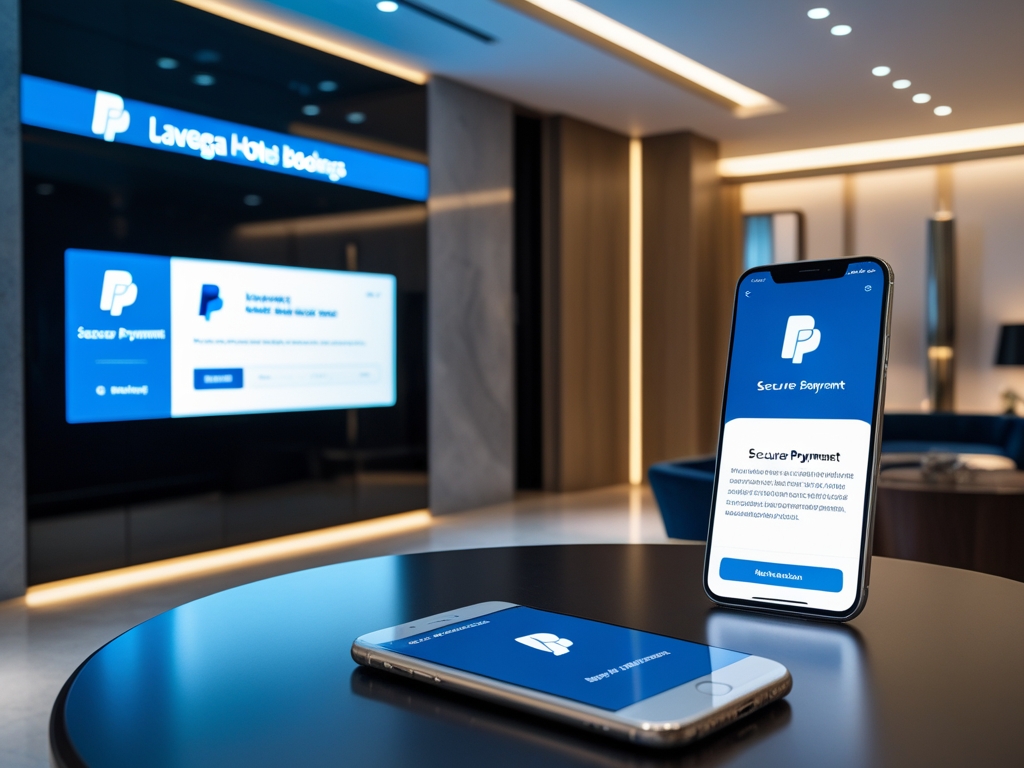
Safe Flight and Hotel Booking Tips: Secure Payments Guide
Do you remember the first time you booked a flight or a hotel? The excitement mixed with a pinch of anxiety. You wished it all goes smoothly. It’s like preparing for a great adventure and you want everything perfect. But these days, there are worries, especially about online payments. Let’s talk about how to keep them safe. I’ll share some tips, a bit of nostalgia, and good old advice!
Oh, the Olden Days!
Many of us remember when booking flights meant visiting a travel agent. You’d sit there, thumb through brochures while sipping a cup of tea. And when it came to hotels, you’d call the hotel directly or trust recommendation from a trusty guidebook. Now, those days had a charm, but they also had their own headaches. You had to trust whatever the agent or book told you. There was no Google reviews back then!
Fast forward to today! Everything is online. It’s convenient, but also brings worries about secure payments. How can we protect ourselves when things can happen with just a click?
Choose Trusted Websites or Apps
First thing first, always book from trusted websites or apps. I suggest using big names everyone knows. Websites like Booking.com can help you find great hotels. They’ve become like the new virtual travel agents. And for flights, go to the airline’s official website or well-known platforms like Expedia. Choosing trusted sites can save you from a lot of troubles later.
Use Secure Payment Methods
In the old times, you would hand over cash or write a check. Now, making payments is more complicated but also safer if you do it right. Always use payment methods that are secure. Credit cards have protection features, so they’re better than using debit cards. And services like PayPal add an extra layer of security, keeping your details private.
Look for HTTPS
Have you noticed how some websites start with “http” and others begin with “https”? That little “s” means the website is secure. When you see it, it means your data is safer. Before entering any card details, check for “https” in the website address. It’s a simple but very important step.
Keep Your Devices Updated
This might sound like tech-talk, but it’s essential. Keeping your mobile, tablet, or computer updated helps protect your data. Updates often fix security issues. It’s like when old radios were sometimes fuzzy, then you’d fiddle with them to make the signal clear. Updates do that for your devices!
Be Skeptical of Deals That Are Too Good
Remember when someone would tell you a deal that seemed too good to be true? Like a four-star hotel room for the price of a motel? Sometimes it’s the same online. Be wary of deals that seem way off compared to others. They might not be genuine. It’s better to trust your gut feeling.
Two-Factor Authentication
This term sounds a little techie, right? But it’s simple. It just means adding another step for logging in or making payments. You enter your password, then also a code sent to your phone. It’s an excellent way to make sure no one else can easily access your accounts, even if they have your password. It’s a bit like locking both the top and bottom locks of your door back in the day when leaving home.
Check Your Statements
It’s always good to keep an eye on your bank statements. Look for any unfamiliar charges. Long ago, you’d perhaps keep an eye on deductions from your cheque book or bank passbook. Now, it’s essential to look at your digital statements regularly. If you spot something odd, alert your bank immediately.
Contact Your Bank with Issues
If something goes wrong, your bank or credit card company can help. They helped in the past when people lost their wallets. Now, they have special teams to deal with frauds and unauthorized transactions. Banks are like our security guards when it comes to money safety.
The Comfort of Travel Insurance
While thisis a little extra, consider getting travel insurance. It covers more than just health issues. Many plans also cover problems with bookings and payments. It’s like buying peace of mind. Back when travel was mostly lands and oceans, you would take letters of introduction and names of friends given by fellow travelers for safety. Travel insurance is something like that, offering help when you’re far from home.
Share Your Plans and Learnings
Planning trips can get lonely if you’re unsure. Sharing with family and friends helps. Remember how we used to gather all map pieces and form a map together? Sharing tips, places, and even problems creates a bond and helps others. Share your experiences, good or bad, so we all learn and travel safely.
Keep Your Data Personal
This is an important one. Don’t give out your data needlessly. Only enter necessary information. Back in time, we wouldn’t give our whole address to strangers, just the area or a landmark. Do the same now. Only give information to websites or apps you trust. Be sensible; keep some details to yourself so you stay safe.
Wrapping Up with Memories and Hopes
Booking your flights and hotels shouldn’t be just about getting there; it should feel like part of the adventure. Online bookings have made travel planning much easier. These tips are like our travel compass, guiding us through potential dangers. Remembering partnerships with friends and family, the warmth of past travels, they’ll all make the journey safe and fulfilling. Let’s enjoy the new way of traveling while keeping the essence of the old magic alive. Safe travels to all my fellow adventure seekers!
